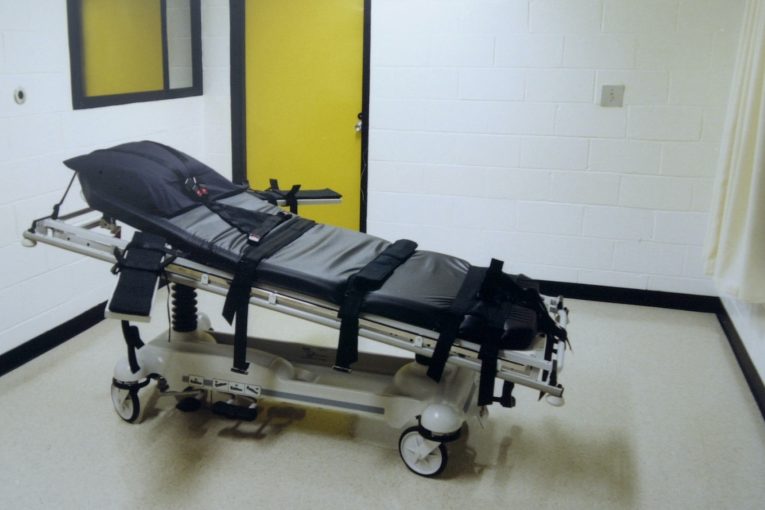
AUSTIN, TX – There is a declining use of the death penalty in Texas, according to the Death Penalty Information Center, which published an article late in January written by Hayley Bedard.
Bedard cited the Texas Coalition to Abolish the Death Penalty’s annual Year in Review, noting that Texas’ death row continued to decrease in size in 2024, reflecting prosecutors’ growing hesitation to pursue new capital cases and juries’ increasing unwillingness to impose death sentences.
Bedard highlighted the racial injustices within the death penalty, noting that, in 2024, Texas juries handed down only six new death sentences, marking the tenth consecutive year with single-digit death sentences.
“Five of those six involved defendants of color,” Bedard wrote, emphasizing that this is not a new phenomenon but rather a continuation of systemic racial injustice that has persisted for decades.
The ongoing decrease in new death sentences in Texas mirrors a broader change in public opinion and prosecutorial approaches within states that still use the death penalty, reports Bedard.
Nationwide, Bedard adds, only 26 new death sentences were issued in 2024, marking the tenth consecutive year with fewer than 50 death sentences across the country.
Bedard cites a TCADP report stating “only 13 of Texas’ 254 counties have had juries willing to vote for a death sentence over the past five years, and only juries in Harris and Tarrant counties delivered more than one death sentence during this period.”
Bedard added, according to the TCAP report, as of December 19, 2024, Texas’ death row housed the lowest number of individuals in its history. In 2022, the state’s death row population dropped below 200 inmates for the first time in nearly three decades.
In 2024, Texas carried out five executions, which Bedard states raises racial concerns since four of those were Black or Hispanic, highlighting ongoing disproportionate application of the death penalty on people of color.
Additionally, Bedard said the report also notes the annual number of executions in Texas has stayed under 10 since 2019.
Bedard quotes Kristin Houlé Cuellar, executive director of TCADP. who stated, “Texas’ adoption of life sentences without parole as an option to capital punishment in 2005 has given prosecutors and juries more discretion in terms of how they handle capital cases” and so “the vast majority… (of) prosecutors in Texas are not pursuing the death penalty as a sentencing option.”